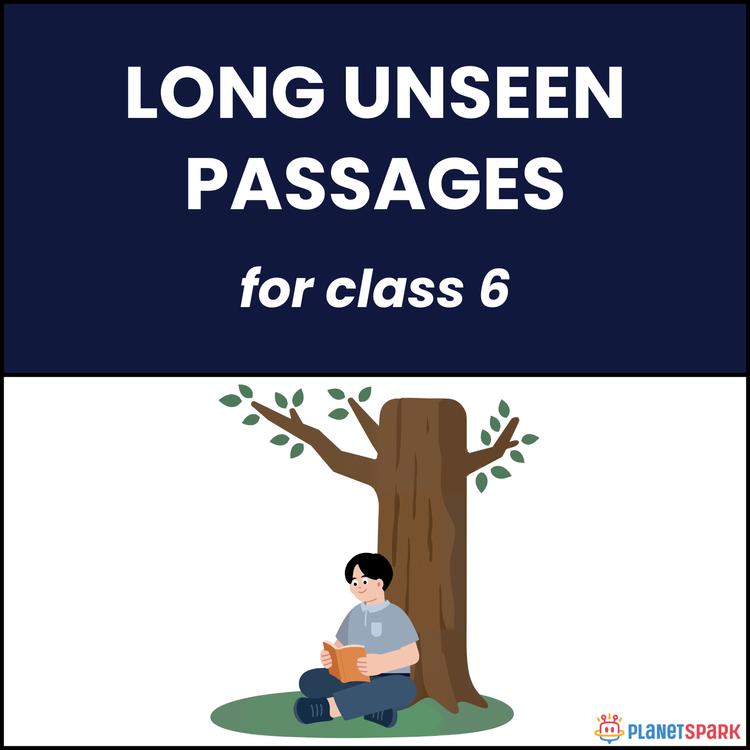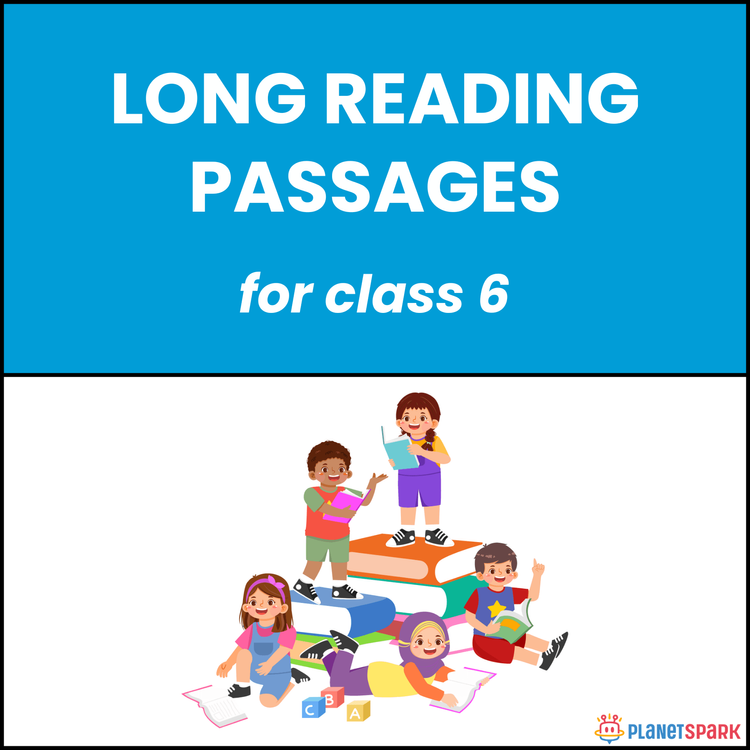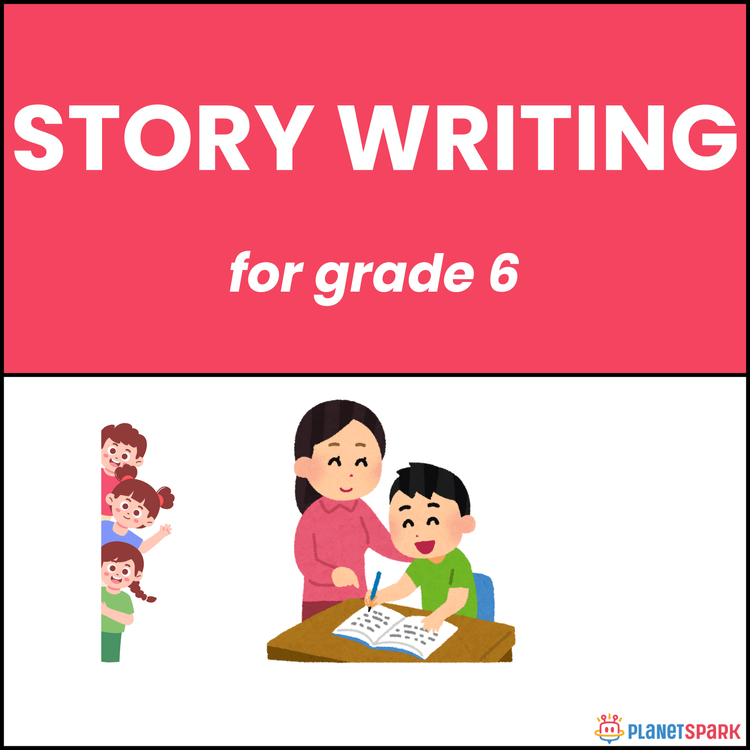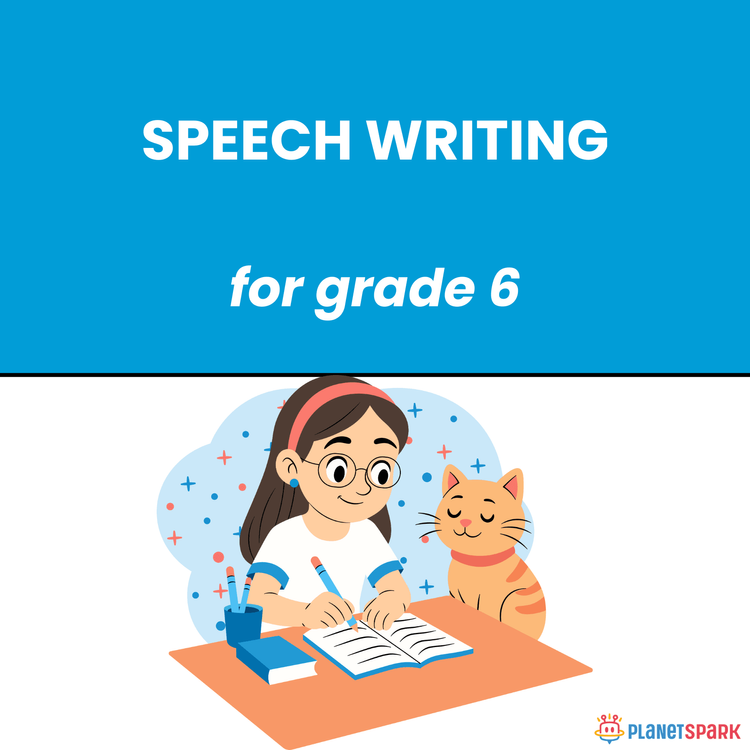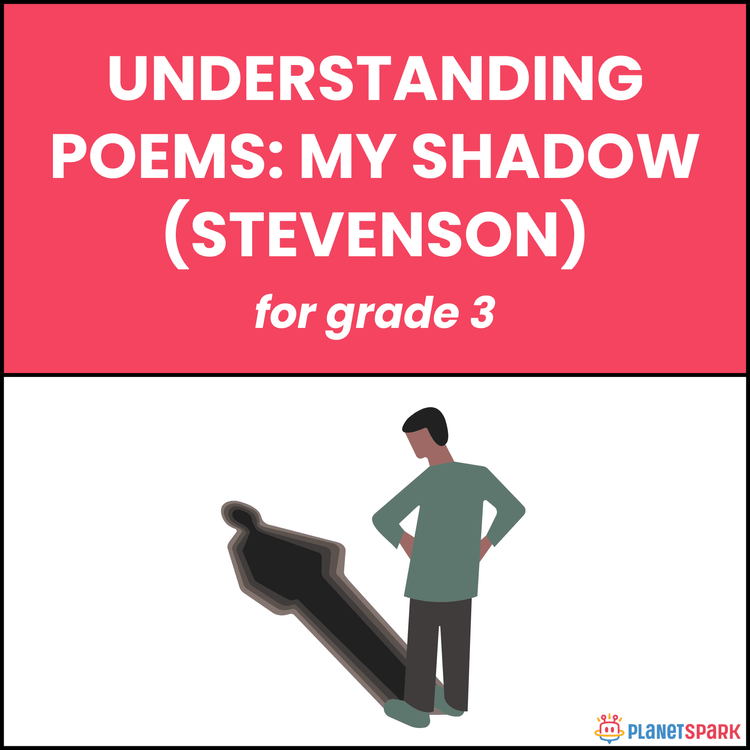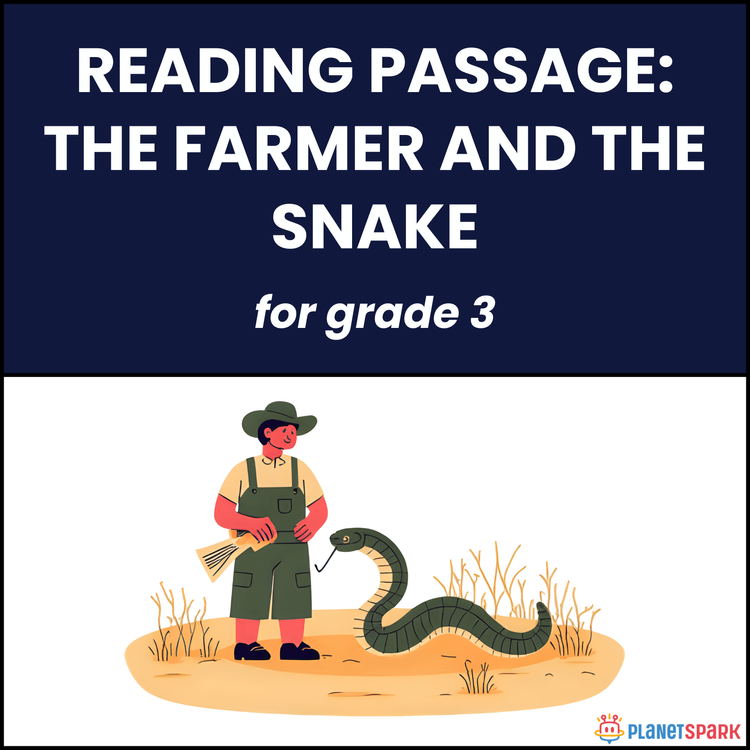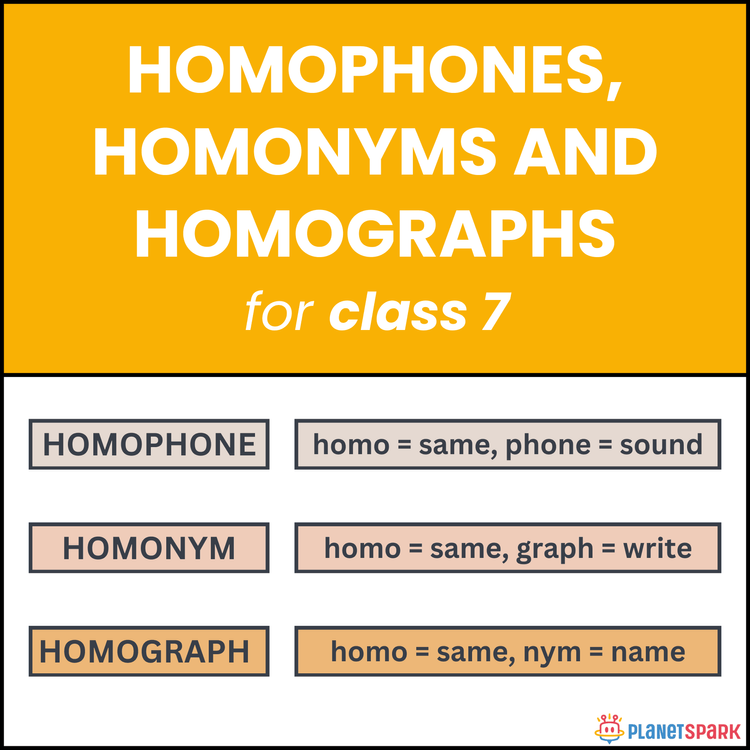Class 6 English Worksheet on Advanced Punctuation – Colons, Semicolons, Quotation Marks
Class 6EnglishEnglish GrammarFree DownloadPDF
Tanishka SharmaVisit Profile
English teacher with 2 years of expertise from teaching in both IB and CBSE schools.


Class 6 English Worksheet on Advanced Punctuation – Colons, Semicolons, Quotation Marks
Class 6EnglishEnglish GrammarFree DownloadPDF
Tanishka SharmaVisit Profile
English teacher with 2 years of expertise from teaching in both IB and CBSE schools.
Perfect Your Sentences: Advanced Punctuation for Class 6
This Grade 6 worksheet sharpens learners’ understanding of punctuation rules—covering commas, full stops, exclamation marks, question marks, quotation marks, and apostrophes. Through identification, corrections, rewriting, and sentence creation, students polish their grammar and sentence construction.
Why Advanced Punctuation Matters in Grammar?
Strong punctuation skills enhance clarity and meaning. For Grade 6 learners, this is important because:
1. It improves sentence readability and structure.
2. It builds fluency in writing dialogue, lists, and expressions.
3. It reinforces key punctuation marks like apostrophes and quotation marks.
4. It prepares students for error-free formal writing and editing tasks.
What’s Inside This Worksheet?
This worksheet includes four grammar-focused activities for mastering punctuation:
🧠 Exercise 1 – Underline the Punctuation
Students underline all punctuation marks (e.g., commas, quotation marks, apostrophes) in 10 given sentences, such as:
""That’s Ananya’s new schoolbag."".
📋 Exercise 2 – Add the Missing Punctuation
Students rewrite 10 sentences by adding commas, apostrophes, exclamation marks, and quotation marks where needed. Example:
""Please dont forget to bring your notebook"" → ""Please don’t forget to bring your notebook."".
📝 Exercise 3 – Rewrite with Correct Punctuation
Students correct and rewrite grammatically incorrect sentences while underlining the punctuation used.
Example: ""maya said i will do it later"" → ""Maya said, “I will do it later.”"".
🎨 Exercise 4 – Sentence Creation
Students write their own sentences using each of the six punctuation types:
Comma, Full Stop, Exclamation Mark, Question Mark, Quotation Marks, and Apostrophes.
✅ Answer Key (For Parents & Educators)
Exercise 1 – Underlined Punctuation Marks
1. That’s Ananya’s new schoolbag. (apostrophe, full stop)
2. “I will join you soon.” (quotation marks, full stop)
3. “My dog’s name is Rocky,” said Ria. (quotation marks, apostrophe, comma, full stop)
4. My father, who is a doctor, works at City Hospital. (commas, full stop)
5. They’re planning a surprise party. (apostrophe, full stop)
6. “Can I come with you?” asked Rohan. (quotation marks, question mark)
7. My sister’s toy is broken. (apostrophe, full stop)
8. Wait, that’s not your seat! (comma, apostrophe, exclamation mark)
9. “We won the match,” shouted the captain. (quotation marks, comma, full stop)
10. “It’s raining outside,” said Maya. (quotation marks, apostrophe, comma)
Exercise 2 – Corrected Sentences
1. Please don’t forget to bring your notebook.
2. Rahul said, “I can’t come to the party now.”
3. “Who took my sister’s pen?” asked Neha.
4. I think she said, “We’ll meet after school.”
5. Mr. Sharma, our English teacher, is very kind.
6. The dog barked loudly, but it didn’t bite anyone.
7. They’re going to the park, aren’t they?
8. The teacher said, “Clean your desks before you leave.”
9. “Yes,” she replied, “I have finished my homework.”
Exercise 3 – Corrected & Rewritten Sentences
1. Maya said, “I will do it later.”
2. They’re not sure if it’s the right bus.
3. “Let’s go now!” shouted Rishi, “before it’s too late.”
4. “Please bring your brother’s jacket. It’s cold outside.”
5. “I love reading,” said Ananya, “especially mystery books.”
6. “I know,” said the boy, “that she lives nearby.”
7. He whispered, “Don’t make a sound. Someone is here.”
8. We visited Mrs. Fernandez, our old neighbour, yesterday.
9. “No, I haven’t seen your bag,” replied Riya.
10. “Isn’t this amazing?” she asked with wide eyes.
Exercise 4 – Sample Sentences Using Each Punctuation Type
1. Comma: I packed my pencil, eraser, and notebook.
2. Full Stop: I love reading comics.
3. Exclamation Mark: Wow! That’s so cool!
4. Question Mark: What is your name?
5. Quotation Marks: She said, “Let’s play outside.”
6. Apostrophes: Rahul’s shoes are muddy.
Frequently Asked Questions
Quotation marks, commas, and full stops help format dialogue clearly.
They show possession or contractions; misuse can confuse meaning.
Use commas to separate three or more items in a sentence.
